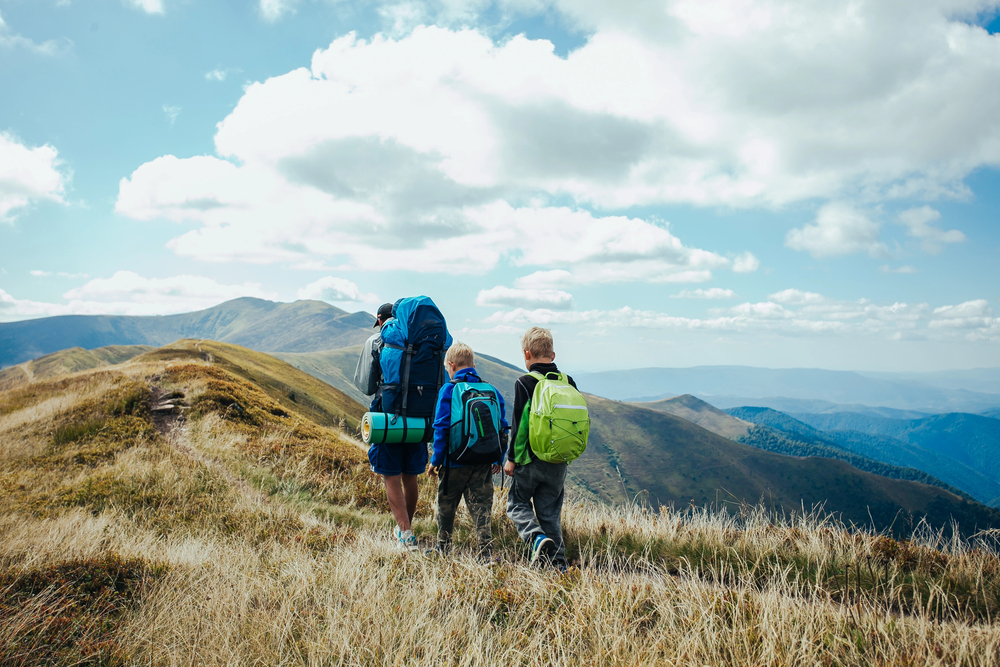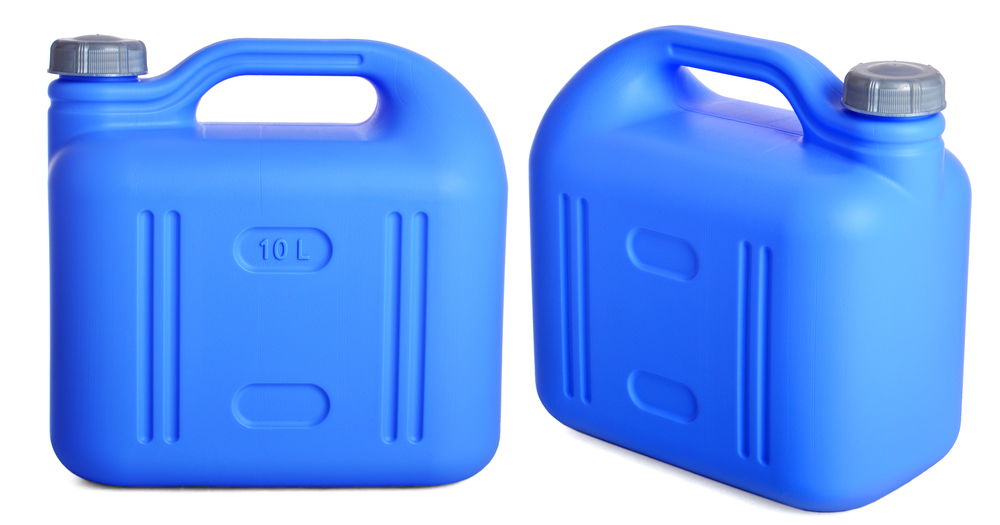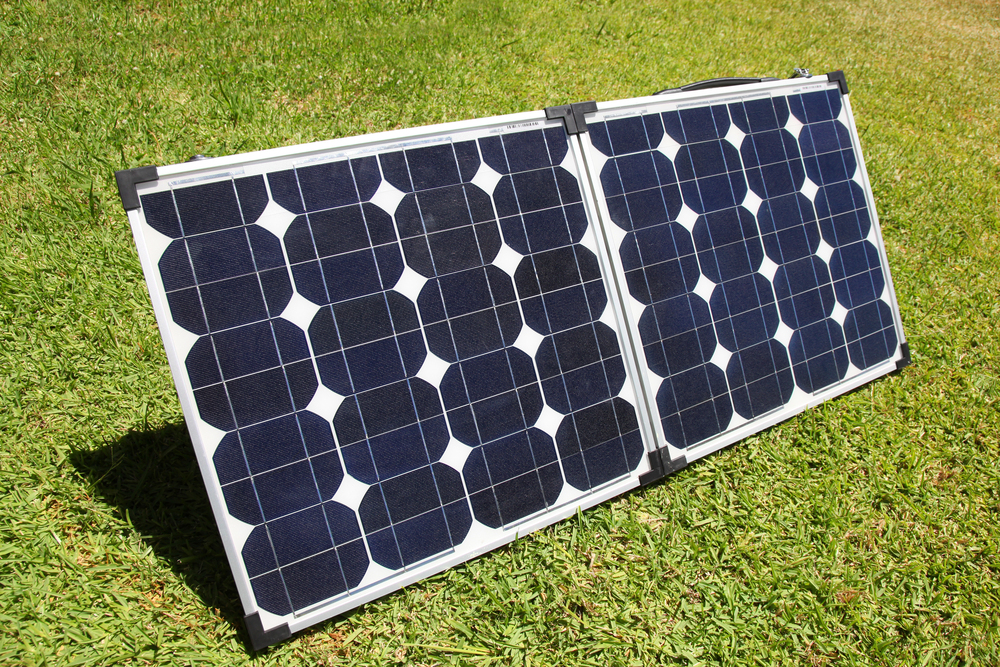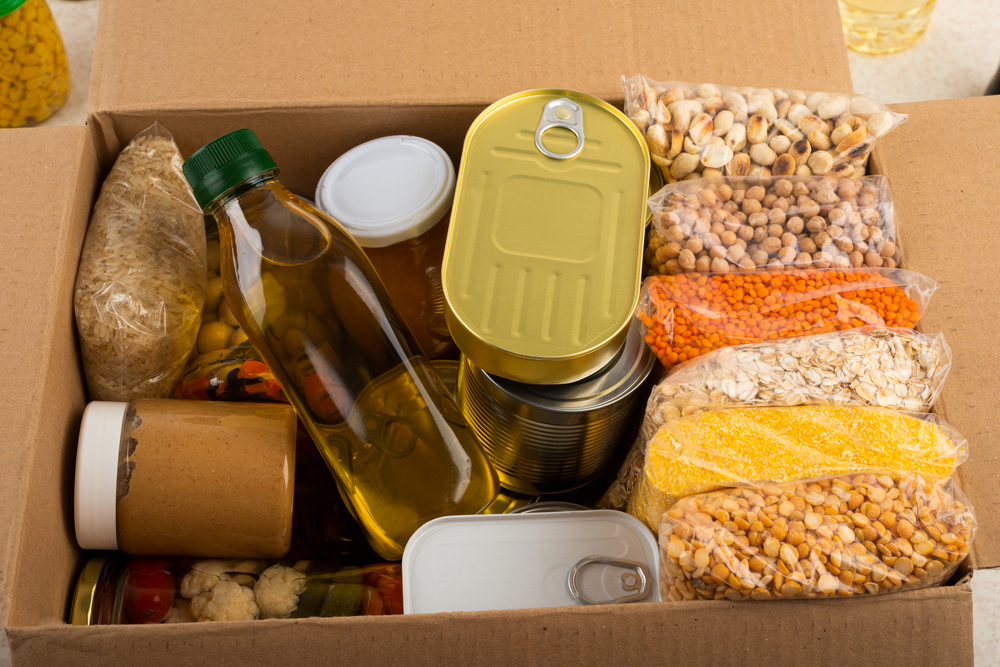As a prepper, I consider myself a lifelong learner. I like to share what I’ve learned, both with my kids and with my friends and on this blog, but I don’t know everything. I am always taking classes that have to do with prepping, reading books about prepping, and visiting prepping groups online.
I also want to instill the same love of learning in my kids. We do a lot of prepping projects that are fun but also practical. I also know that I don’t have all the knowledge and skills that they need to prep for disaster or SHTF – but other people do.
The time to start ensuring that your kids have a broad range of skills that will help them survive anything from a hurricane to a permanent grid-down scenario is now. Once disaster strikes, you’re not going to have access to these resources.
The good news? Learning prepping skills is fun for kids, because it involves doing things that kids love. Hiking, camping, fishing, building shelters, making things.
So if you want to find some organizations that will help you teach your kids prepping skills that will make them safer and more self-reliant and self-confident, here are some of your best options.
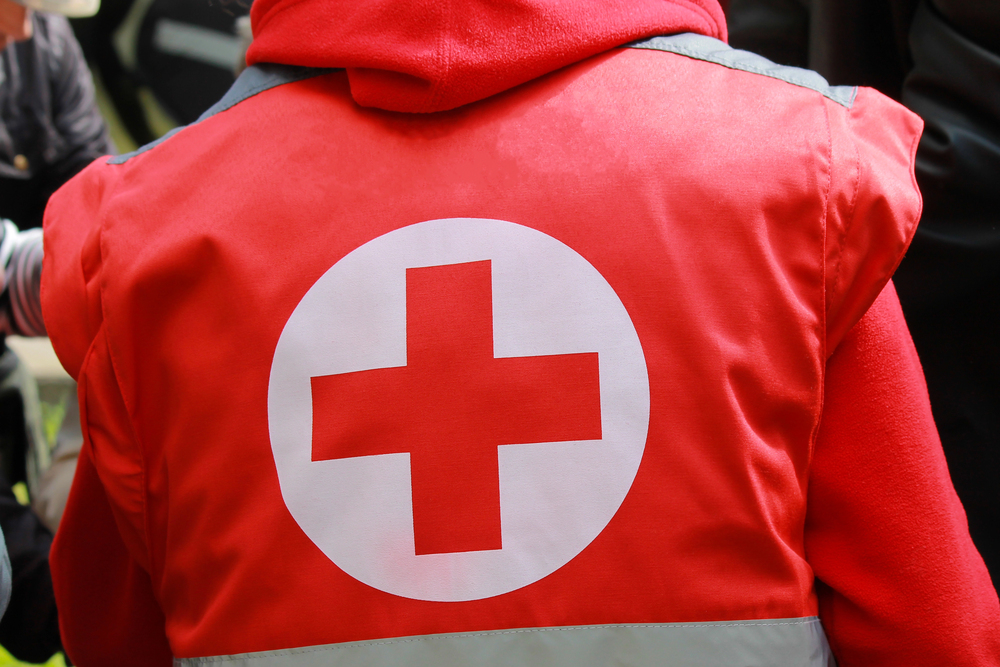
1. Red Cross
- Skills Taught: First aid, CPR, basic disaster response, emergency shelter, and water safety.
- Useful Prepping and Survival Skills: They offer programs like Babysitting & Childcare, First Aid & CPR, and Disaster Preparedness for families, ensuring that children know what to do in emergencies, how to handle injuries, and how to take care of themselves and others in a crisis.
2. American Heritage Girls (AHG)
- Skills Taught: Outdoor survival, first aid, emergency preparedness, leadership, community service.
- Useful Prepping and Survival Skills: AHG focuses on holistic development with a Christian foundation, teaching girls leadership, life skills, and self-sufficiency, including basic first aid, emergency preparedness and outdoor survival techniques like building shelters, fire-starting and navigating with maps and compasses.
3. Trail Life USA
- Trail Life USA is a Christian-based outdoor adventure program that provides boys with valuable opportunities to learn survival skills, many of which are directly applicable in disaster scenarios. Through its structure, values, and activities, Trail Life helps boys develop essential skills for self-reliance, leadership, and teamwork, all of which are important for disaster preparedness.
- Useful Prepping and Survival Skills: Trail Life offers boys the chance to learn hands-on wilderness survival techniques, including how to build shelters, find food, start a fire, purify water, and navigate in the wild using natural signs or a compass.
4. FEMA Youth Preparedness Council
- Skills Taught: Disaster response planning, public safety education, emergency preparedness, crisis communication.
- Useful Prepping and Survival Skills: The Federal Emergency Management Agency (FEMA) offers youth programs that teach children about disaster risk reduction and preparedness. The Youth Preparedness Council trains young people to be leaders who can help communities prepare for and recover from disasters, emphasizing both practical skills and advocacy.
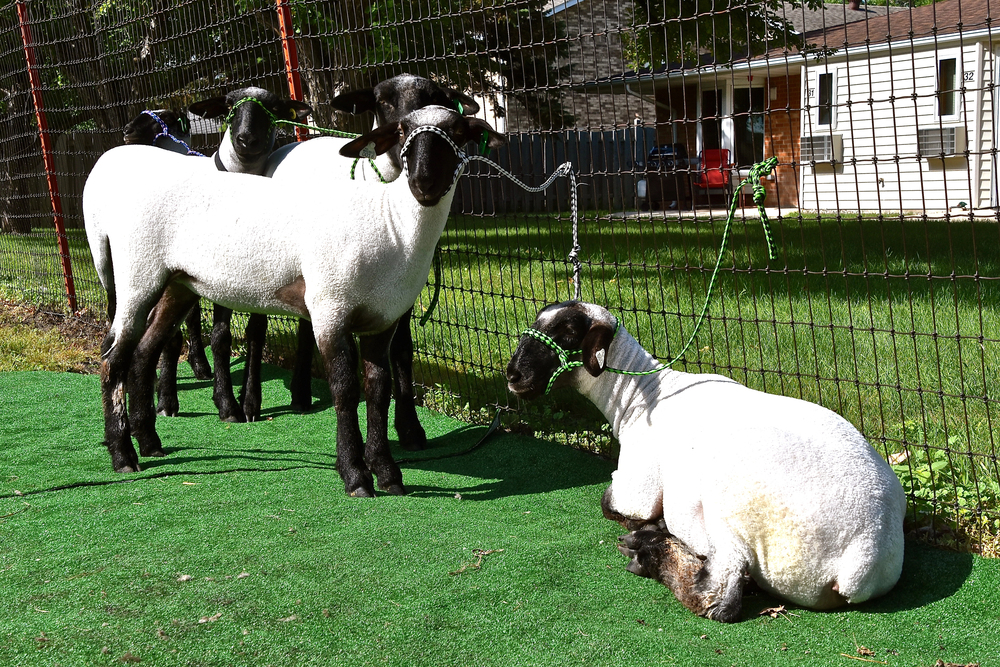
5. 4-H
- Skills Taught: Leadership, citizenship, emergency preparedness, first aid, disaster recovery.
- Useful prepping and survival skills: 4-H offers a wide range of programs, including disaster preparedness. Their Emergency Preparedness programs teach children how to create emergency kits, develop family disaster plans, and respond to natural disasters like hurricanes, tornadoes, or fires. 4-H also offers hands-on learning experiences to build problem-solving and leadership skills.
6. S.A.F.E. Kids (Safety Awareness for Everyone)
- Skills Taught: Fire safety, water safety, basic first aid, emergency escape plans, situational awareness.
- Why Useful: This program focuses on teaching children safety and preparedness in everyday life and emergency situations. Their curriculum covers disaster-related topics like fire safety, escape routes, and how to respond to emergencies at home, school, or in public. We need to prepare our children for all kinds of emergency scenarios, not just long-term or permanent grid-down situations.
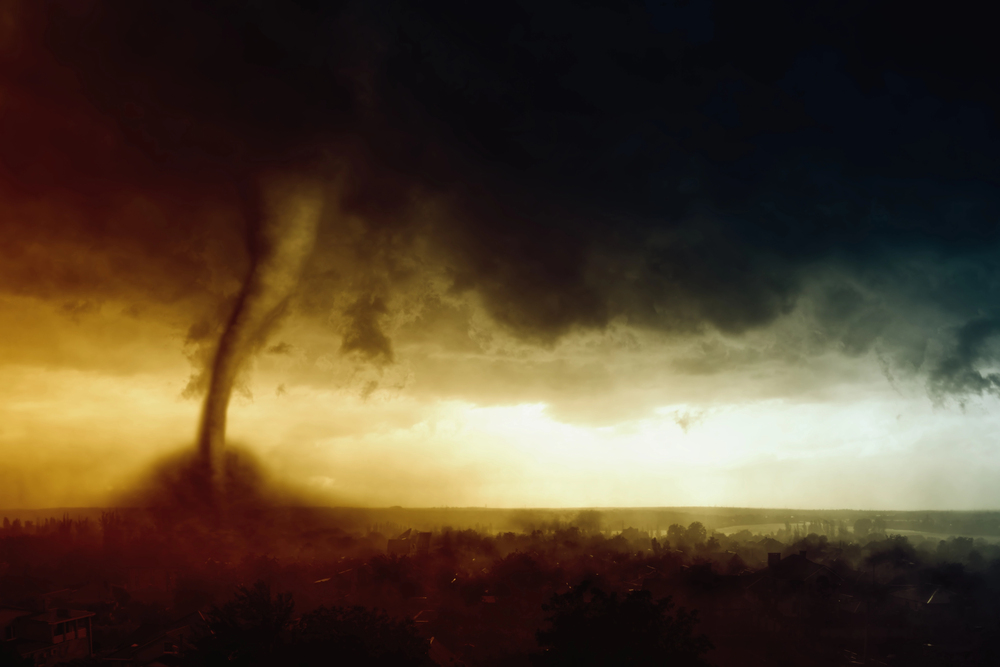
7. National Weather Service (NWS) Skywarn Program
- Skills Taught: Severe weather spotting, understanding weather alerts, safety protocols during severe storms.
- Useful prepping and survival skills: The NWS Skywarn program educates communities on how to identify and respond to severe weather, such as tornadoes, thunderstorms, or blizzards. This training can help children understand weather patterns, recognize storm warnings, and take timely action to protect themselves during dangerous weather.
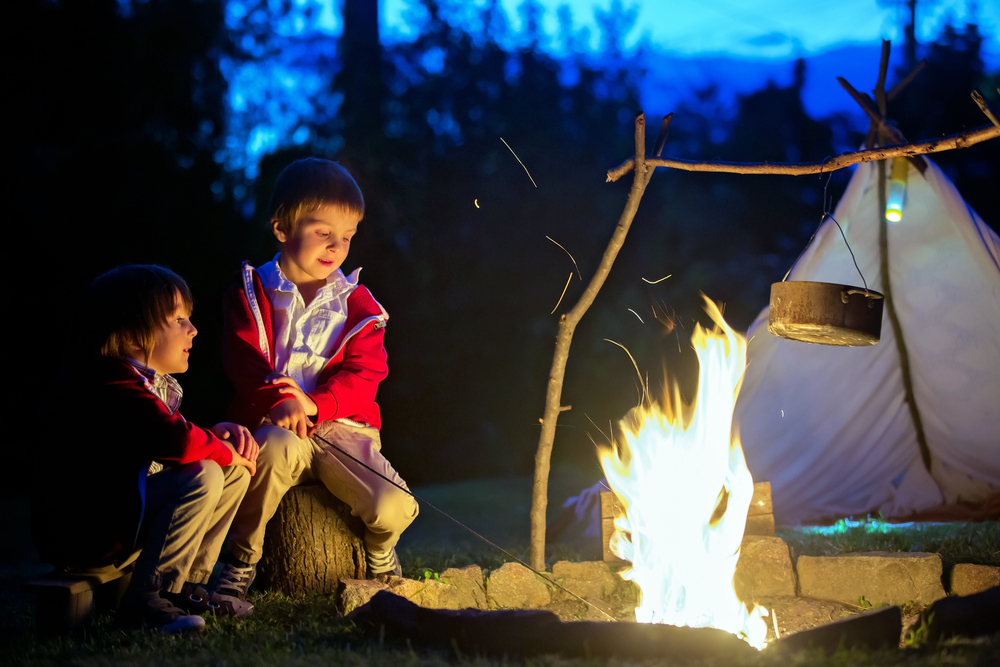
8. Survival and Outdoor Adventure Camps (Various Providers)
- Skills Taught: Outdoor survival, navigation, shelter building, fire-making, foraging, and water sourcing.
- Useful prepping and survival skills: Specialized camps, such as Outward Bound, Ranger Kids, and Survival Training School, offer youth programs where children can learn essential wilderness skills. These include how to build shelters, purify water, start fires, and navigate with a map and compass, all of which are critical for surviving in a disaster scenario.

9. Your Local Craft/Fabric/Sewing Shop
In a long-term SHTF, we won’t be able to go to the store to buy clothing. We will need to be able to repair clothes, alter them and them to fit different sizes, sew, and sew clothing.
Useful prepping and survival skills: Well, nobody wants to face the apocalypse naked. Learning how to knit sweaters, scarves, hats and gloves is both a fun way to pass the time, and a way to ensure that we and our families can keep warm if we have no access to conventional heating.
10. ARRL (American Radio Relay League)
- ARRL, the national association for amateur radio in the U.S., runs various programs that introduce young people to ham radio. One of their main initiatives is Jamboree on the Air (JOTA), an annual event that connects Boy Scouts, Girl Scouts, and other youth groups with amateur radio operators worldwide.
- Why Useful: ARRL is the leading organization for amateur radio and offers training, resources, and programs specifically aimed at youth. Through JOTA and other events, kids get hands-on experience operating ham radios and learning about emergency communications, electronics, and global connectivity. They also offer the ARRL Radio Merit Badge for scouting groups, which is a formal recognition of their skills.
